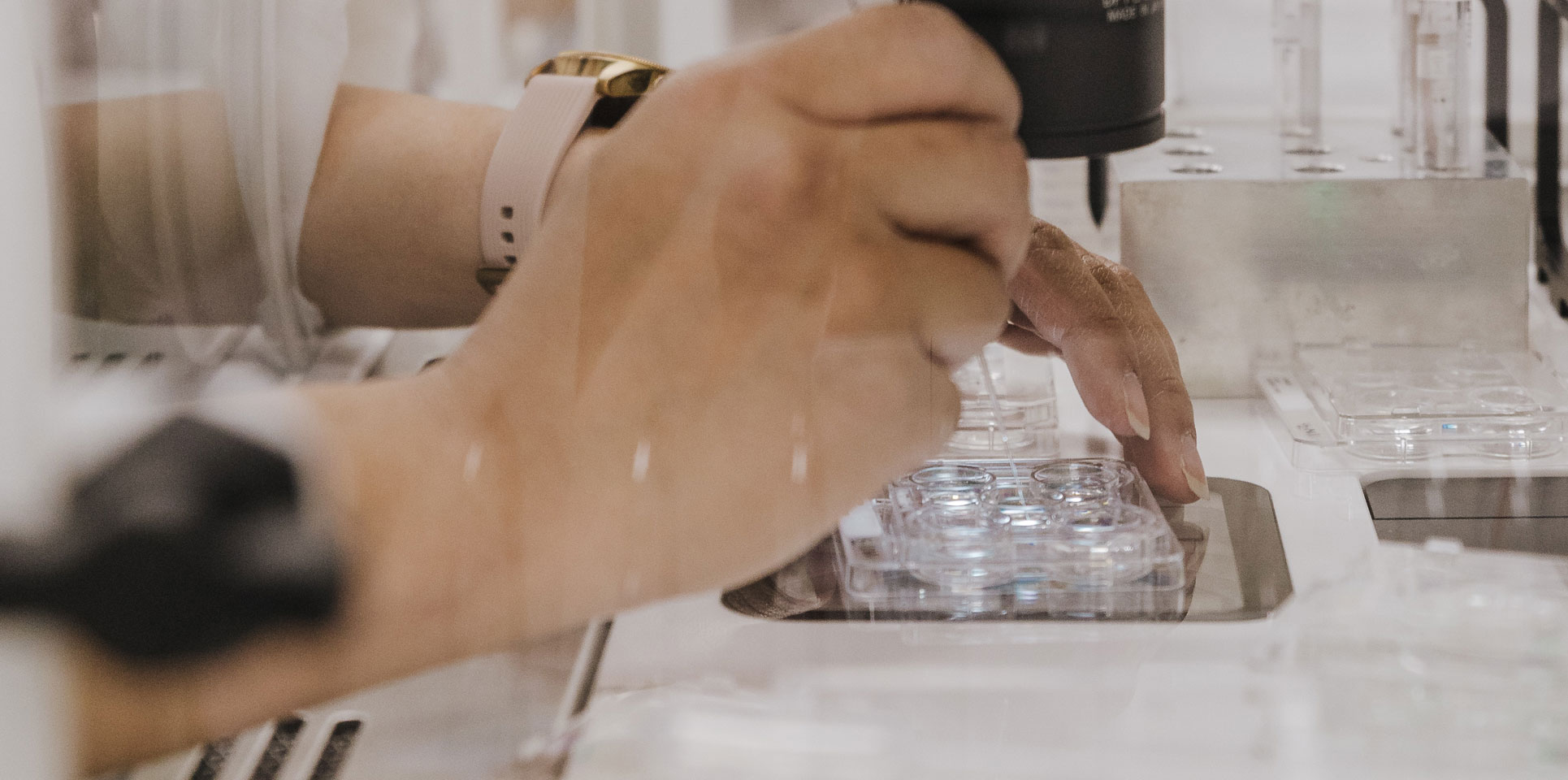
Become an Egg Donor
Egg donation is a process whereby a woman (the egg donor) undertakes an IVF cycle to produce eggs, which she then donates to another “recipient” woman or couple to try to achieve a pregnancy. Helping another person or couple to create a family via egg donation can be very emotionally rewarding and fulfilling. Whilst the medical process itself is short term, if offspring are born as a result of the donation this can have lifelong implications for all parties, therefore it is important that egg donors are as informed and prepared as possible. The team at No.1 Fertility have in depth expertise in working with egg donors and recipients and can support you through each step of the process.
The use of donor eggs is an option for women who are unable to produce their own eggs, or when her eggs are of poor quality and are unlikely to lead to the birth of a child. In some circumstances, the donation of eggs is sought because the woman carries a rare genetic disease.
Egg donors may be “recipient recruited” and known to the recipient, such as family members, friends, or acquaintances. Alternatively, they may be “clinic recruited” and not known to the recipients. No.1 Fertility is currently taking enquiries from women interested in participating in our clinic recruited egg donor program.
How do I know if I’m eligible to become an egg donor?
Ideally, egg donors are aged between 25-34 years old, have completed their families, and have children aged 12 months or older. No.1 Fertility will consider egg donors outside of these guidelines, however further discussion may be required to ensure all parties are providing informed consent.
What does egg donation involve?
All donors are required to attend an appointment with a No.1 Fertility Specialist which will require a GP referral. During the consultation, the potential donor’s medical and gynaecological history will be obtained and the procedures involved in egg donation will be explained. Donors are also required under the Victorian legislation to attend two counselling sessions. The purpose of the counselling is to discuss future implications of becoming an egg donor, how you may feel about the outcome of your donation, expectations about ongoing relationships, the Victorian legislation, and social and emotional issues. Due to the potential long term social and emotional implications of egg donation, partners are also required to participate in the counselling process to ensure they are fully informed and aware of these issues.
Egg donors will also be asked to complete forms regarding their health and medical history.
What are the legal implications of becoming an egg donor?
Under the Victorian legislation, it is illegal to pay a woman to donate eggs. Recipients are expected to pay for the treatment costs associated with egg donation, and can also reimburse egg donors for some expenses incurred.
If a donation results in the birth of a child, then the recipient/s are the legal parent/s of a child born as a result of the procedure, and the egg donor is not the legal mother of a child born. All donor conceived births in Victoria are registered on a Central Register, maintained by the Victorian Assisted Reproductive Treatment Authority (VARTA). This Central Register will contain the identifying information of the donor, recipients, and offspring. Once a donor conceived person turns 18 years of age they are able to access the identifying information about the egg donor.
Further information about the Victorian legislation and rights and responsibilities for egg donors and recipients can be found on the VARTA website.
To find out more about egg donation, or if you are considering becoming an egg donor, contact No.1 Fertility. Our No.1 Fertility team is happy to answer any questions you may have or can walk you through the first steps of the process. The No.1 Fertility team possess the experience and knowledge needed to provide you with the best possible care for your donor treatment.